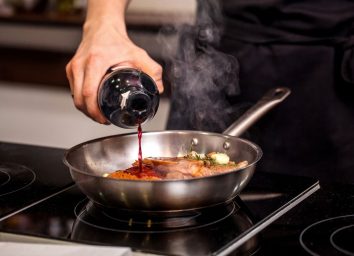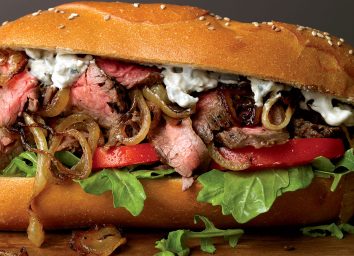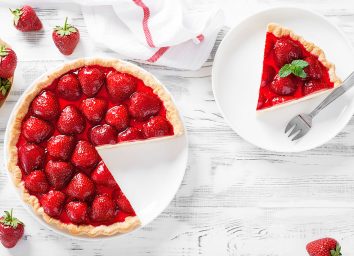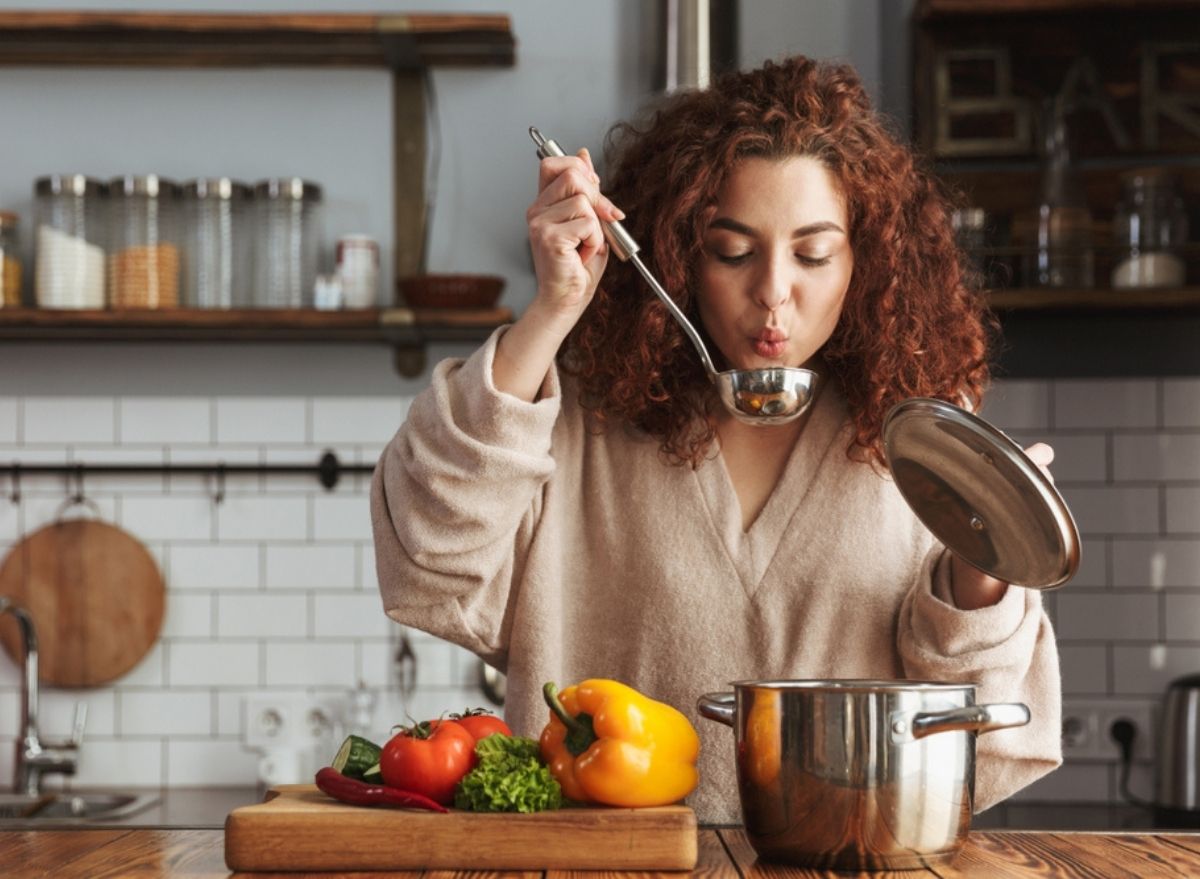
Some old wives' tales never go out of style—like "a watched pot never boils" and "you are what you eat." Just like some old-fashioned cooking tips are still worth using in your modern kitchen. Some of these tips are aha's while others are duh's—but all are still pertinent, despite the fact that home kitchens have all the latest gadgets and appliances.
We polled chefs and other cooking experts for their thoughts on whether these old-school techniques still hold up today and they all gave an enthusiastic thumbs up. Here are 15 smart and creative old-fashioned cooking tips that still hold true. Get ready to transport right back to your grandmother's linoleum-floored kitchen. Plus, don't miss 15 Old-Fashioned Cooking Tips You Should Never Use and find out how How Neil Patrick Harris & David Burtka Conquer Family Mealtime.
Chill the dough for thicker cookies
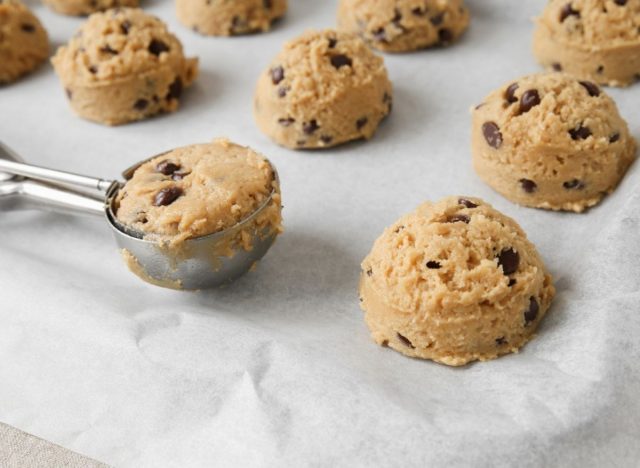
This tip might be known, says Anne Grossman founder of Rebel Daughter Cookies, but it's worth repeating. "Chill that dough. If you want a thicker cookie, solidify the butter before baking. In fact, try pre-balling the dough and then freezing it, and allow it to thaw in the refrigerator overnight. Place the cookies in the oven as cold as possible. This gives the butter a fighting chance against the hot oven."
Use a wooden spoon to mix ingredients
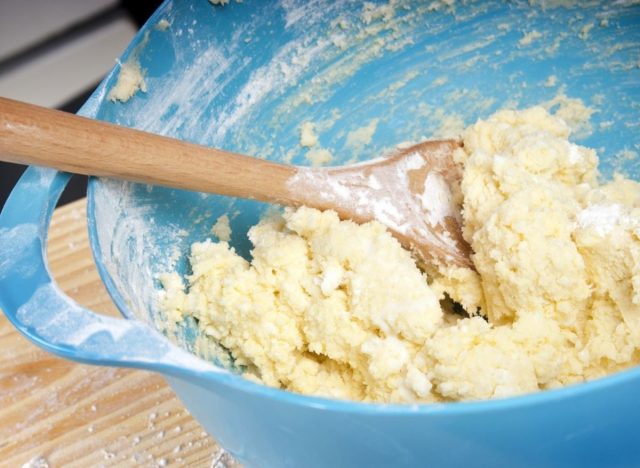
A wooden spoon is softer and can mix better than metal or plastic spoon, says Michael Cook, retired chef, food connoisseur, former owner of two restaurants and blogger at My Conscious Eating. A wooden spoon also doesn't conduct heat, which means you can use it to stir sauces without them getting hot too quickly.
Keep vegetable scraps
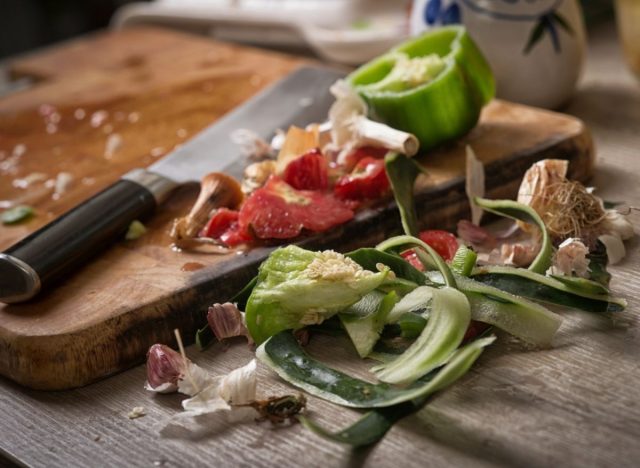
Professional cooks do it all the time, and, no doubt, your grandmother also did. "Hold onto your scraps, then simmer them in a large pot of water for a homemade vegetable broth," says Emily Eggers trained chef from the Institute of Culinary Education and owner of Legally Healthy Blonde.
Always add salt to pasta water
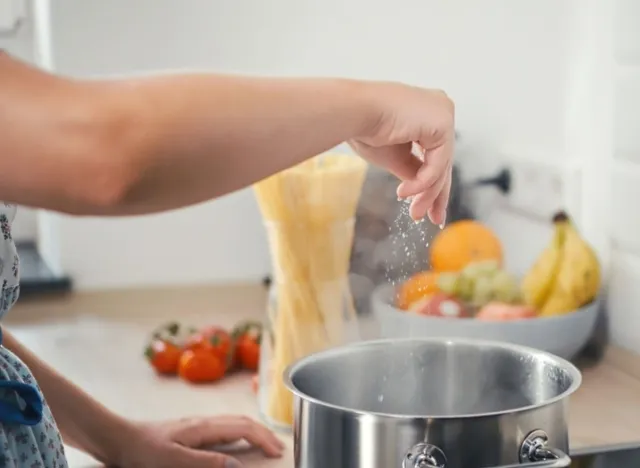
The salt helps the pasta bind with the sauce for a thicker consistency. "It also dissolves and is absorbed into the pasta to give it extra flavor. Not a step to be missed," says Aysegul Sanford of Foolproof Living.
Things that grow together go together
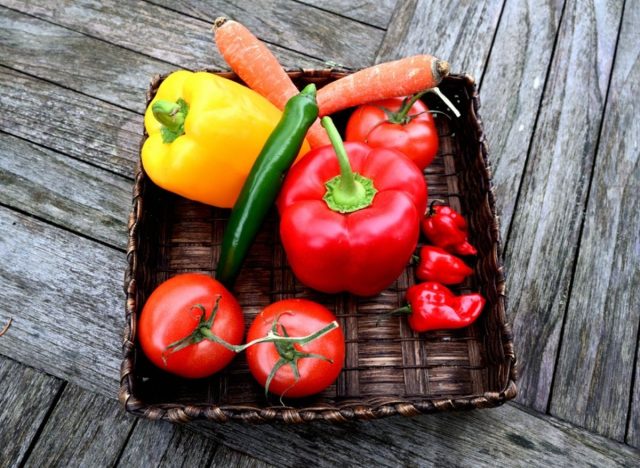
"Fruits and vegetables that ripen at the same time of year taste great together," says Clare Ivatt founder of Kitchen Time Savers. Recipes that use these types of combinations will be the most successful—peppers combined with tomatoes, squash and sweetcorn, and kale and pumpkin are all great combos.
Cook pasta in stock instead of boiling water
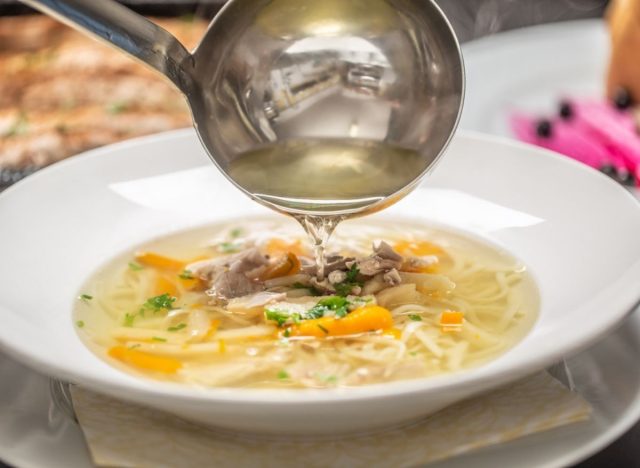
This classic Old World cooking technique from Italy's Emilia-Romagna region (considered the epicenter of Italian cuisine by chefs, historians, and culinary travelers) is a must-do for home chefs. Use this tip when preparing fresh (not boxed) pastas, says Chef Wendy Cacciatori who hails from Bologna and is the owner of Via Emilia 9 in Miami and Nonna Beppa.
In New York City. Most of his dishes have been passed down from his grandmother: tortellini en brodo, tagliatelle with bolognese sauce, and hand-cut chicken breast with artichokes. "Water washes away the natural flavor of the pasta," says Wendy, "while stock—preferably vegetable and beef adds considerable flavor to any pasta dish, even if you serve simply with fresh butter and cheese."
Let chicken soak in milk for 48 hours
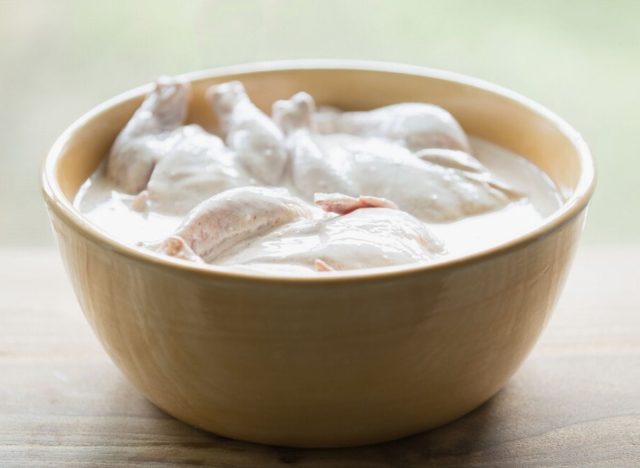
Because chicken has a tendency to dry out when cooking, this is another classic Old World tip that results in succulent chicken. "As it soaks, the milk helps both tenderize and add moisture," says Chef Wendy. "This also works well when cooking turkey."
Never rinse your pasta after cooking
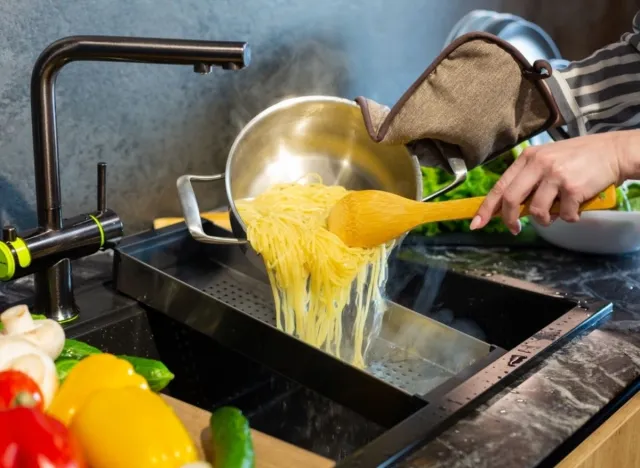
When you rinse, you wash away the starches. And the sauce won't adhere well to the pasta. "Alternatively, finish cooking the pasta in the sauce, with a bit of the reserved pasta-cooking water," says Brian Theis, cookbook author The Infinite Feast: How to Host the Ones You Love, and chef and food blogger at The Infinite Feast.
Rely on your senses
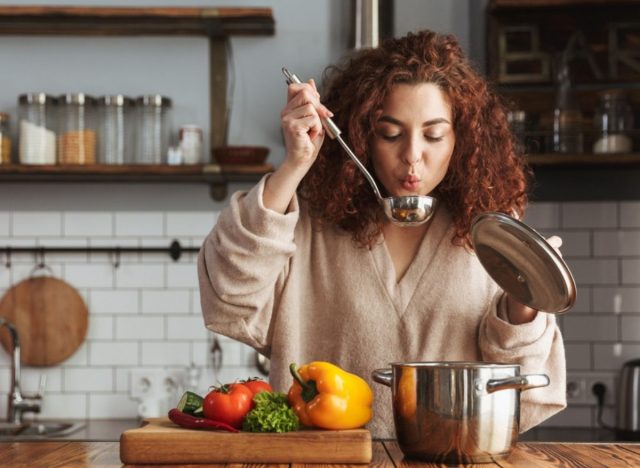
Rely on your senses as you cook—for smell, color, texture, and taste—not just the recipe. "And always taste as you go," says Theis.
Keep your cooking knives sharpened
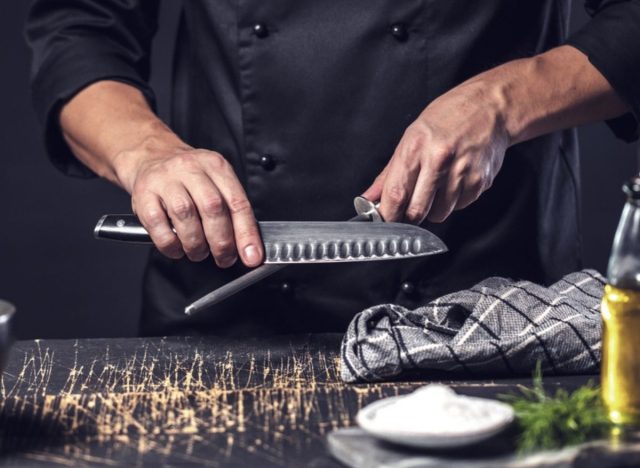
"A dull knife is more dangerous than a sharp knife," says Theis.
Brown your meat
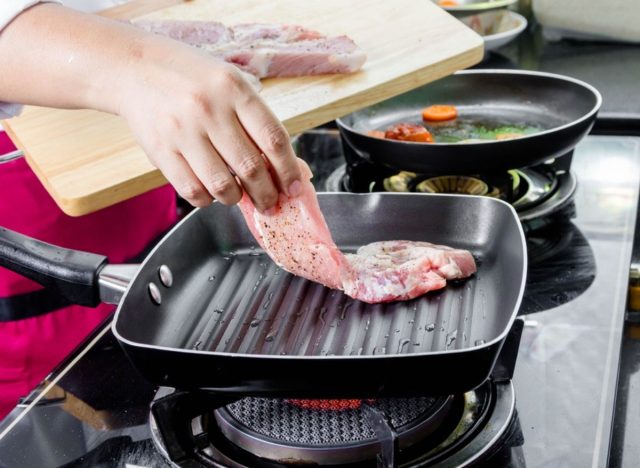
If you're cooking beef or lamb, before you put it in the oven at the desired temperature, brown it off in a frying pan. "It'll seal in the flavor and make sure that when the juices flow, they add taste instead of going to waste," says Christina Russo, the co-founder of The Kitchen Community. It's a tip she garnered from her grandmother, she says.
Long, low, and slow
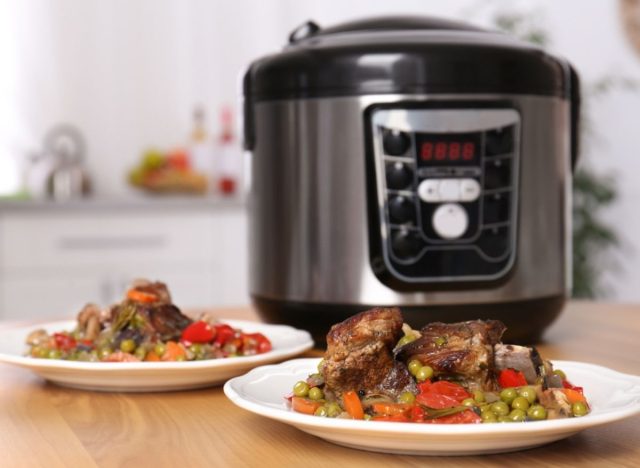
When you're cooking a casserole or a stew in a one-pot, as long as there's enough liquid, the longer you cook it at a lower temperature, the better it's going to taste. "Long, low, and slow was a rule that my grandmother swore by, and it's one that I still adhere too," says Russo.
Use a mortar and pestle
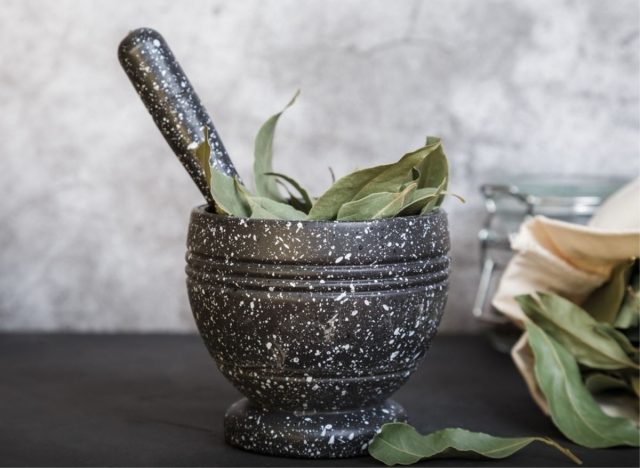
This is an old-fashioned cooking tip that stirs up childhood memories from Top Chef 18 and 2022 James Beard Semifinalist Chris Viaud. As a child, Viaud helped his Haitian mother to prepare dinner each night grinding up herbs and spices in a pilon, or mortar. He still uses this technique in preparing his Ansanm Sunday Dinners at Greenleaf, his restaurant in Milford, New Hampshire.
Take your time
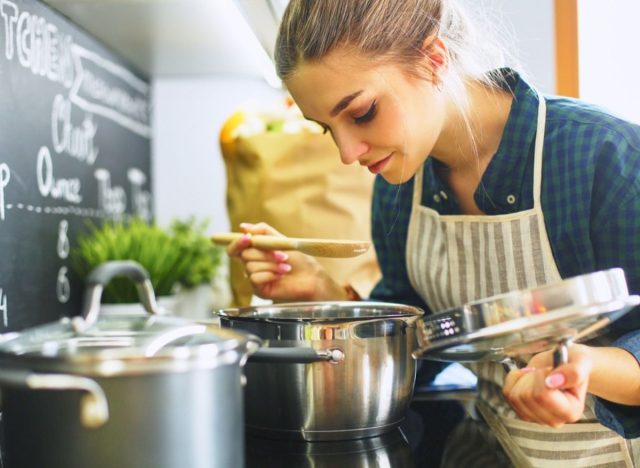
Read the whole recipe before you begin. "Rushing through a recipe only increases your chances of messing things up—like skipping a step or using the wrong measurement," says Lori Bogedin, chef/owner of Twigs Cafe.
Make fish stock using trimmings of the fish
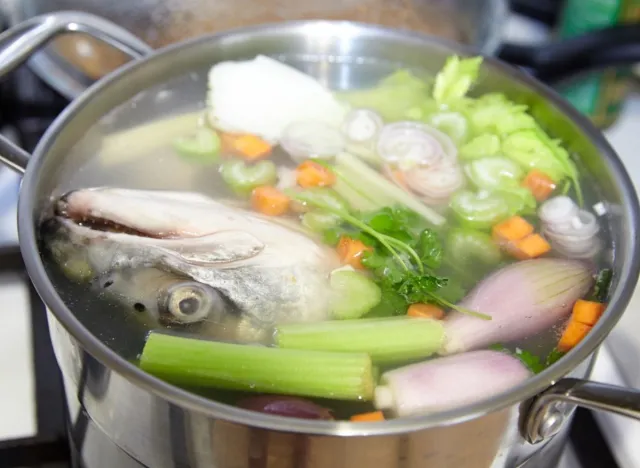
Ask your fishmonger for fish trimmings which are the leftover parts of fish after they've been filleted. Craig Fear, the author of New England Soups from the Sea, says, "homemade fish stock has delicate aromas and flavors that can't be mimicked in canned or boxed stocks from the supermarket."
Listen to the professionals and you'll cook just like you're one of them! These tips really work.
A previous version of this article was originally published on Apr 27, 2022.

